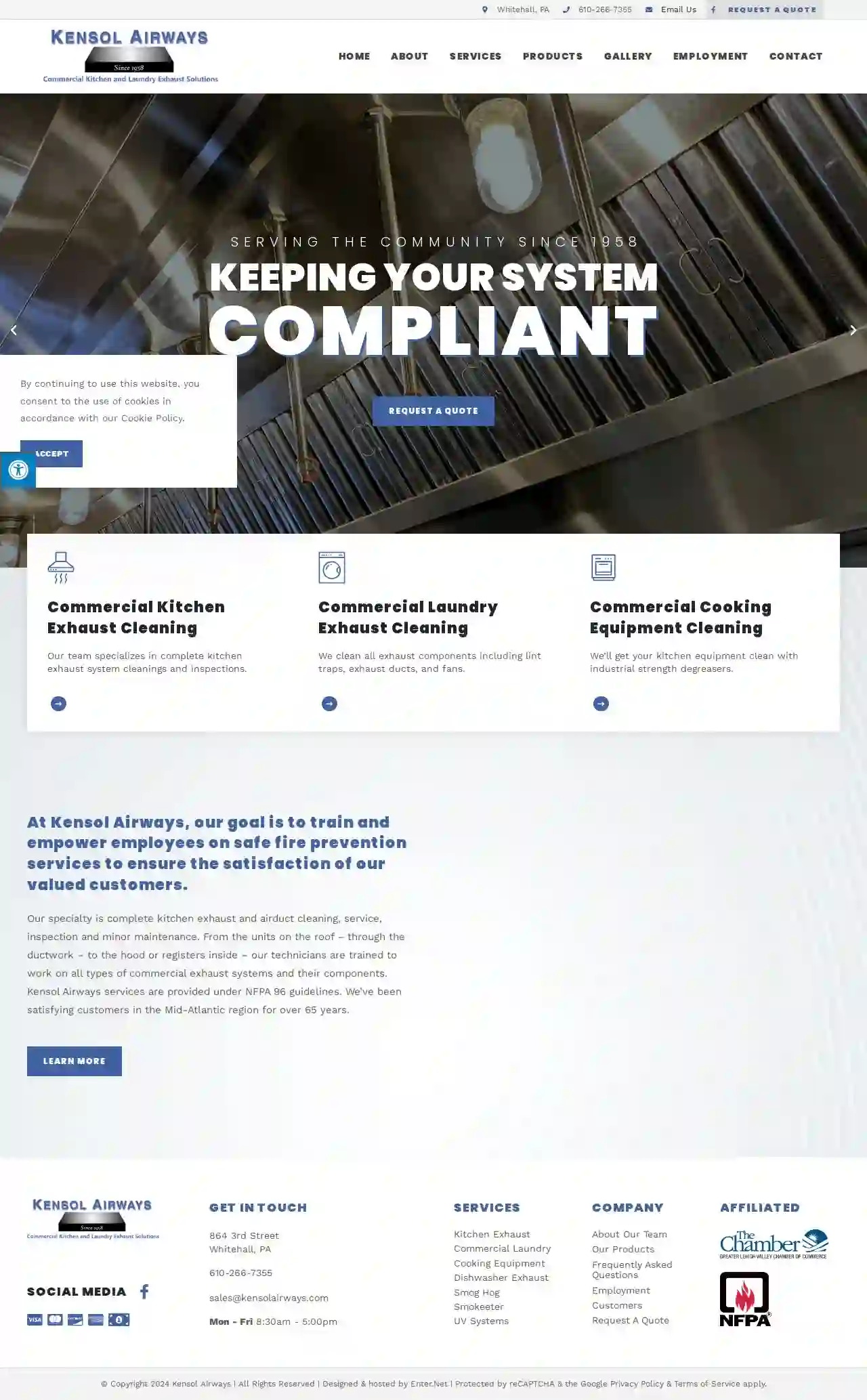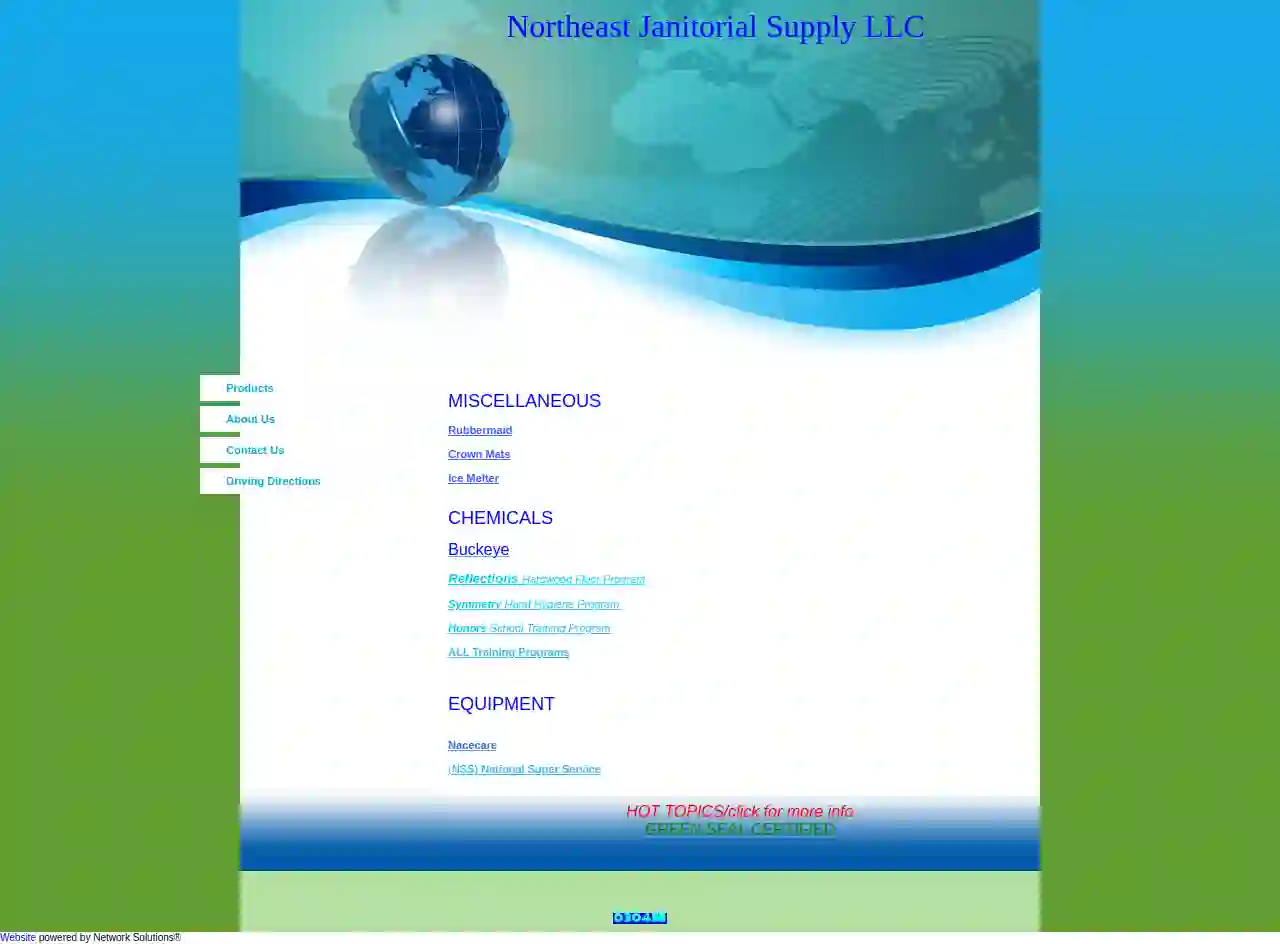Cleaning Services Fruit Heights
Top Cleaning Services in Fruit Heights
Receive up to 3 Cleaning Services quotes for your project today! Compare profiles, reviews, accreditations, portfolio, etc... and choose the best offer.
Service Needed
City or Town

American Housekeeping of Utah
4.4106 reviewsSalt Lake City, US- Services
- Why Us?
Get Quote
Kensol Airways
49 reviewsLehi, US- Services
- Why Us?
Get Quote
Five Stars Cleaning Services
4.7286 reviewsSalt Lake City, US- Services
- Why Us?
Get Quote- Vi
Vidal Cleaning LLC
4.920 reviewsProvo, US- Services
- Why Us?
Get Quote 
Park City Cleaning
527 reviewsSalt Lake City, US- Services
- Why Us?
Get Quote- ES
ESA Cleaning Services
4.861 reviewsSalt Lake City, US- Services
- Why Us?
Get Quote 
Bubble it cleaning services
516 reviewsProvo, US- Services
- Why Us?
Get Quote
J&L Cleaning Services
522 reviewsLehi, US- Services
- Why Us?
Get Quote
RGD COMMERCIAL JANITORIAL SERVICES
55 reviewsSalt Lake City, US- Services
- Why Us?
Get Quote
Northeast Janitorial Supply
4.88 reviewsLehi, US- Services
- Why Us?
Get Quote
Over 60,241+ Cleaning Contractors registered
Our cleaning companies operate in Fruit Heights and surroundings!
CleaningMatch has curated and vetted Top Janitorial Companies near Fruit Heights. Find a reliable pro today.
Frequently Asked Questions About Cleaning Services
Find answers to common questions about cleaning services and hiring cleaning companies in the USA.
- Ventilation: Improve ventilation by opening windows, turning on the exhaust fan, and using a dehumidifier to reduce moisture levels.
- Bleach Solution: Mix one cup of bleach with one gallon of water. Wear gloves and eye protection when handling bleach. Apply the solution to the affected area, let it sit for 10-15 minutes, then scrub with a brush and rinse thoroughly.
- Vinegar Solution: For a milder alternative, mix equal parts water and vinegar. Apply to the moldy area, let it sit for an hour, then scrub and rinse.
- Baking Soda Paste: Make a paste of baking soda and water, apply to the moldy area, let it dry, then scrub and rinse. Baking soda helps remove stains and deodorize.
- Commercial Mold and Mildew Remover: Use a commercial mold and mildew remover according to the product instructions.
- Blot, don't rub: When treating fresh stains, blot with a clean cloth or paper towel to absorb as much of the stain as possible. Rubbing can spread the stain and damage carpet fibers.
- Club Soda: For spills like wine or coffee, pour club soda on the stain, let it fizz, then blot with a clean cloth. Repeat if needed.
- Vinegar Solution: Mix equal parts white vinegar and water, apply to the stain, and blot. Vinegar helps remove stains and odors.
- Baking Soda Paste: Make a paste with baking soda and water, apply to the stain, let it dry, then vacuum. Baking soda absorbs odors and lifts stains.
- Commercial Carpet Cleaner: : Use a commercial carpet cleaner according to the instructions. Choose a cleaner specifically designed for the type of stain you're dealing with.
- Professional Carpet Cleaning: For stubborn or deeply set stains, consider hiring a professional carpet cleaning service. They have specialized equipment and expertise in stain removal.
- Weekly: Suitable for busy households with children or pets, ensuring a consistently clean and healthy environment.
- Bi-weekly: A good option for smaller households or those who maintain a relatively clean home.
- Monthly: May be sufficient for individuals or couples who live a minimalist lifestyle.
- Quarterly or Annually: Can be suitable for deep cleaning or seasonal cleaning tasks.
- Floors: Use floor cleaners designed for your specific floor type, such as hardwood, tile, or laminate. Avoid using harsh cleaners that can strip finishes or cause discoloration.
- Countertops: Clean granite, marble, or quartz countertops with pH-neutral cleaners to prevent etching or damage. Use disinfecting wipes or sprays for other countertops.
- Bathrooms: Use bathroom cleaners designed to remove soap scum, mildew, and hard water stains. Avoid using abrasive cleaners on fixtures or tiles.
- Glass and Mirrors: Clean windows and mirrors with glass cleaners that leave a streak-free finish. Avoid using paper towels, which can leave lint behind.
- Appliances: Clean stainless steel appliances with specialized cleaners that prevent streaks and fingerprints. Use degreasers for ovens and stovetops.
How do I remove mold and mildew from my bathroom?
Mold and mildew can grow in damp areas like bathrooms, posing health risks and aesthetic concerns. Here's how to remove them:
Always test any cleaning solution on a small, inconspicuous area first. After cleaning, take steps to prevent future mold growth by addressing moisture issues, such as fixing leaks and improving ventilation.
Always test any cleaning solution on a small, inconspicuous area first. After cleaning, take steps to prevent future mold growth by addressing moisture issues, such as fixing leaks and improving ventilation.
How can I get rid of tough stains on carpets?
Tough carpet stains can be challenging, but several methods can help:
Always test any cleaning solution on a small, inconspicuous area of the carpet first to ensure it doesn't cause discoloration or damage.
Always test any cleaning solution on a small, inconspicuous area of the carpet first to ensure it doesn't cause discoloration or damage.
How often should I have my house cleaned?
The frequency of house cleaning depends on factors like your lifestyle, the size of your house, and your personal preferences. Here's a general guideline:
You can adjust the frequency based on your needs and budget. Some people opt for weekly cleaning for high-traffic areas like kitchens and bathrooms and bi-weekly cleaning for the rest of the house.
You can adjust the frequency based on your needs and budget. Some people opt for weekly cleaning for high-traffic areas like kitchens and bathrooms and bi-weekly cleaning for the rest of the house.
How do I choose the right cleaning products for different surfaces?
Different surfaces require specific cleaning products to avoid damage and achieve optimal results. Here's a guide:
If you're unsure about the right cleaning product for a surface, consult the manufacturer's instructions or seek advice from a cleaning professional.
If you're unsure about the right cleaning product for a surface, consult the manufacturer's instructions or seek advice from a cleaning professional.
How do I remove mold and mildew from my bathroom?
Mold and mildew can grow in damp areas like bathrooms, posing health risks and aesthetic concerns. Here's how to remove them:
Always test any cleaning solution on a small, inconspicuous area first. After cleaning, take steps to prevent future mold growth by addressing moisture issues, such as fixing leaks and improving ventilation.
- Ventilation: Improve ventilation by opening windows, turning on the exhaust fan, and using a dehumidifier to reduce moisture levels.
- Bleach Solution: Mix one cup of bleach with one gallon of water. Wear gloves and eye protection when handling bleach. Apply the solution to the affected area, let it sit for 10-15 minutes, then scrub with a brush and rinse thoroughly.
- Vinegar Solution: For a milder alternative, mix equal parts water and vinegar. Apply to the moldy area, let it sit for an hour, then scrub and rinse.
- Baking Soda Paste: Make a paste of baking soda and water, apply to the moldy area, let it dry, then scrub and rinse. Baking soda helps remove stains and deodorize.
- Commercial Mold and Mildew Remover: Use a commercial mold and mildew remover according to the product instructions.
Always test any cleaning solution on a small, inconspicuous area first. After cleaning, take steps to prevent future mold growth by addressing moisture issues, such as fixing leaks and improving ventilation.
How can I get rid of tough stains on carpets?
Tough carpet stains can be challenging, but several methods can help:
Always test any cleaning solution on a small, inconspicuous area of the carpet first to ensure it doesn't cause discoloration or damage.
- Blot, don't rub: When treating fresh stains, blot with a clean cloth or paper towel to absorb as much of the stain as possible. Rubbing can spread the stain and damage carpet fibers.
- Club Soda: For spills like wine or coffee, pour club soda on the stain, let it fizz, then blot with a clean cloth. Repeat if needed.
- Vinegar Solution: Mix equal parts white vinegar and water, apply to the stain, and blot. Vinegar helps remove stains and odors.
- Baking Soda Paste: Make a paste with baking soda and water, apply to the stain, let it dry, then vacuum. Baking soda absorbs odors and lifts stains.
- Commercial Carpet Cleaner: : Use a commercial carpet cleaner according to the instructions. Choose a cleaner specifically designed for the type of stain you're dealing with.
- Professional Carpet Cleaning: For stubborn or deeply set stains, consider hiring a professional carpet cleaning service. They have specialized equipment and expertise in stain removal.
Always test any cleaning solution on a small, inconspicuous area of the carpet first to ensure it doesn't cause discoloration or damage.
How often should I have my house cleaned?
The frequency of house cleaning depends on factors like your lifestyle, the size of your house, and your personal preferences. Here's a general guideline:
You can adjust the frequency based on your needs and budget. Some people opt for weekly cleaning for high-traffic areas like kitchens and bathrooms and bi-weekly cleaning for the rest of the house.
- Weekly: Suitable for busy households with children or pets, ensuring a consistently clean and healthy environment.
- Bi-weekly: A good option for smaller households or those who maintain a relatively clean home.
- Monthly: May be sufficient for individuals or couples who live a minimalist lifestyle.
- Quarterly or Annually: Can be suitable for deep cleaning or seasonal cleaning tasks.
You can adjust the frequency based on your needs and budget. Some people opt for weekly cleaning for high-traffic areas like kitchens and bathrooms and bi-weekly cleaning for the rest of the house.
How do I choose the right cleaning products for different surfaces?
Different surfaces require specific cleaning products to avoid damage and achieve optimal results. Here's a guide:
If you're unsure about the right cleaning product for a surface, consult the manufacturer's instructions or seek advice from a cleaning professional.
- Floors: Use floor cleaners designed for your specific floor type, such as hardwood, tile, or laminate. Avoid using harsh cleaners that can strip finishes or cause discoloration.
- Countertops: Clean granite, marble, or quartz countertops with pH-neutral cleaners to prevent etching or damage. Use disinfecting wipes or sprays for other countertops.
- Bathrooms: Use bathroom cleaners designed to remove soap scum, mildew, and hard water stains. Avoid using abrasive cleaners on fixtures or tiles.
- Glass and Mirrors: Clean windows and mirrors with glass cleaners that leave a streak-free finish. Avoid using paper towels, which can leave lint behind.
- Appliances: Clean stainless steel appliances with specialized cleaners that prevent streaks and fingerprints. Use degreasers for ovens and stovetops.
If you're unsure about the right cleaning product for a surface, consult the manufacturer's instructions or seek advice from a cleaning professional.